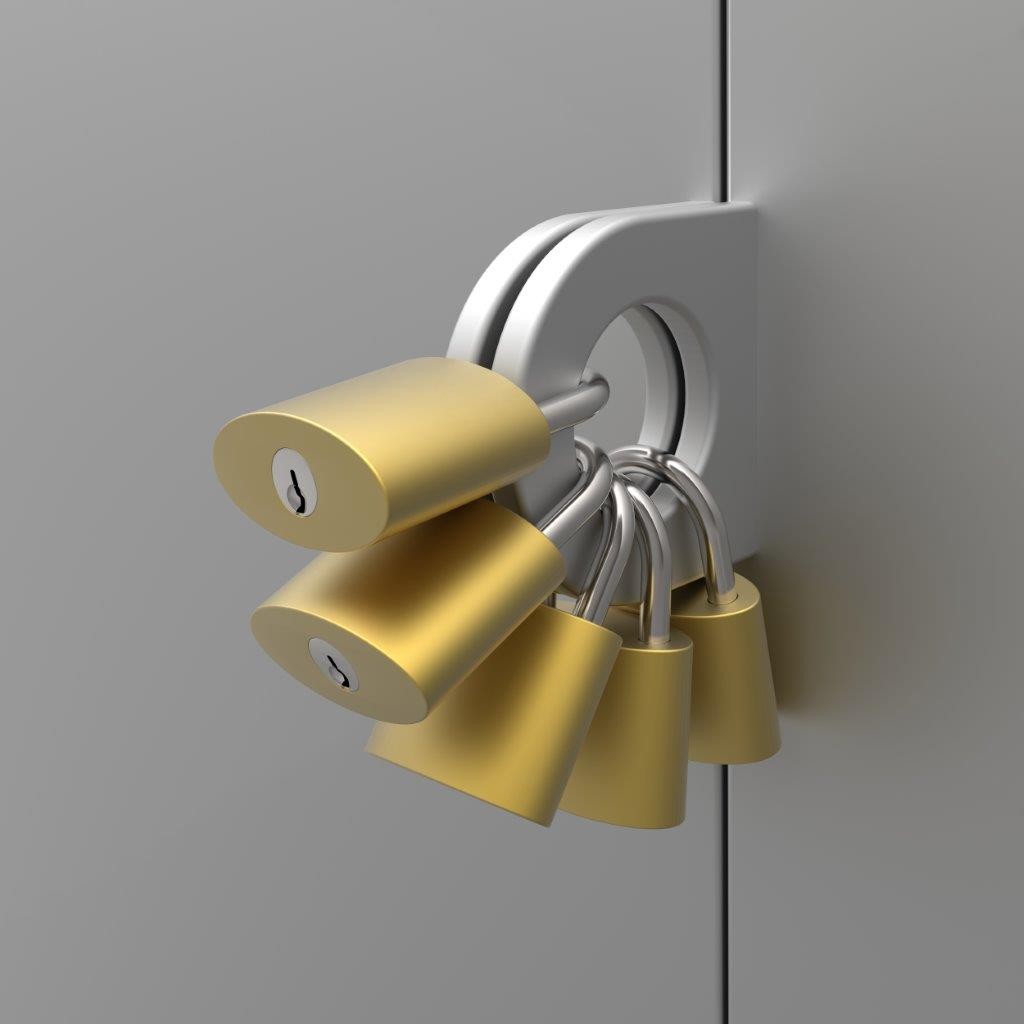This is a very commonly asked question by both wives and husbands and de-facto partners, after their relationship has broken down. If there is no court order about who may occupy the property, it initially depends on the legal title of the property.
When the Property is Registered in Both Names
Often, couples live in a family home that is registered in both (joint) names. That means, both parties have legal ownership of the property. If that is the case, the answer is yes – one of you may change the locks. If there is no Court Order that says otherwise, your rights with respect to the property are no different than what they were before you separated. However, it may not be a good idea to change the locks and before doing so, you should be carefully consider the matter and obtain legal advice.
Firstly, with jointly owned property and in the absence of a Court Order, if you change the locks, there is nothing to stop the other party who is also a registered owner, to still gain access to the property – either by having the locks changed again or some other way (such as through a window). Secondly, and perhaps more importantly, you may unnecessarily inflame the situation which could result in acrimony and in some cases, the involvement of the Police.
If you and your former spouse or partner are both living in the home and you want the other person to move out, you should obtain legal advice about obtaining “exclusive occupancy” of the property. This may occur either by agreement or by a Court Order (in certain circumstances). At Doolan Callaghan Family Lawyers, we can assist by giving you legal advice about this issue that is tailored to your specific circumstances.
If your former spouse or partner has already moved out, changing the locks may be less of an issue. Often after one party moves out, the party remaining in the property wants privacy and does not want the other party to come to the property without notice. On the other hand, the person who has vacated the property often feels they should still be entitled to come and go as they please. Again, at Doolan Callaghan Family Lawyers we can advise you as to the best strategies to take in this situation.
When the Property is Registered in Only One Party’s Name
If the home is registered in one party’s name only, then that party can legally change the locks and the other party may not be able to gain access. However, a Court may grant the other person access to the home in certain circumstances, particularly when children are involved. The other person may have an equitable interest in the home. We can advise you of your options if this situation is relevant to you.
In summary, unless there is a court order that specifies otherwise, often you are legally entitled to change the locks of the home after separation. However, there are often pitfalls in doing so and it is best to obtain legal advice before locking the other person out.
When there is Family Violence
If you have separated and are contemplating changing the locks on the home, or have been locked out, and there has also been family violence, you should obtain legal advice from a family lawyer or the Police. Every case is different and you need advice that is specific to your case. Our specialised family lawyers can assist.
You can contact Doolan Callaghan Family Lawyers Northern Beaches and surrounds, by telephone on 9984-7411 or contact Deborah Callaghan directly by email on


2 Responses
Really useful thank you.
I am seperated living under the same roof due to financially not being able to due to low income. I have a police family violence order in place and he has not breached it YET. He has his 35 year old son living down stairs in a granny flat.This is why we seperated, I also have a interim restraint order on his some, but the orders were not to vacate. I over heard him saying he was going to change the locks downstairs and also to lock to the recreation door, can he do this without my permission, is it legal. Can my ex force me to sell via a bridging loan without my knowledge the house is in both names.